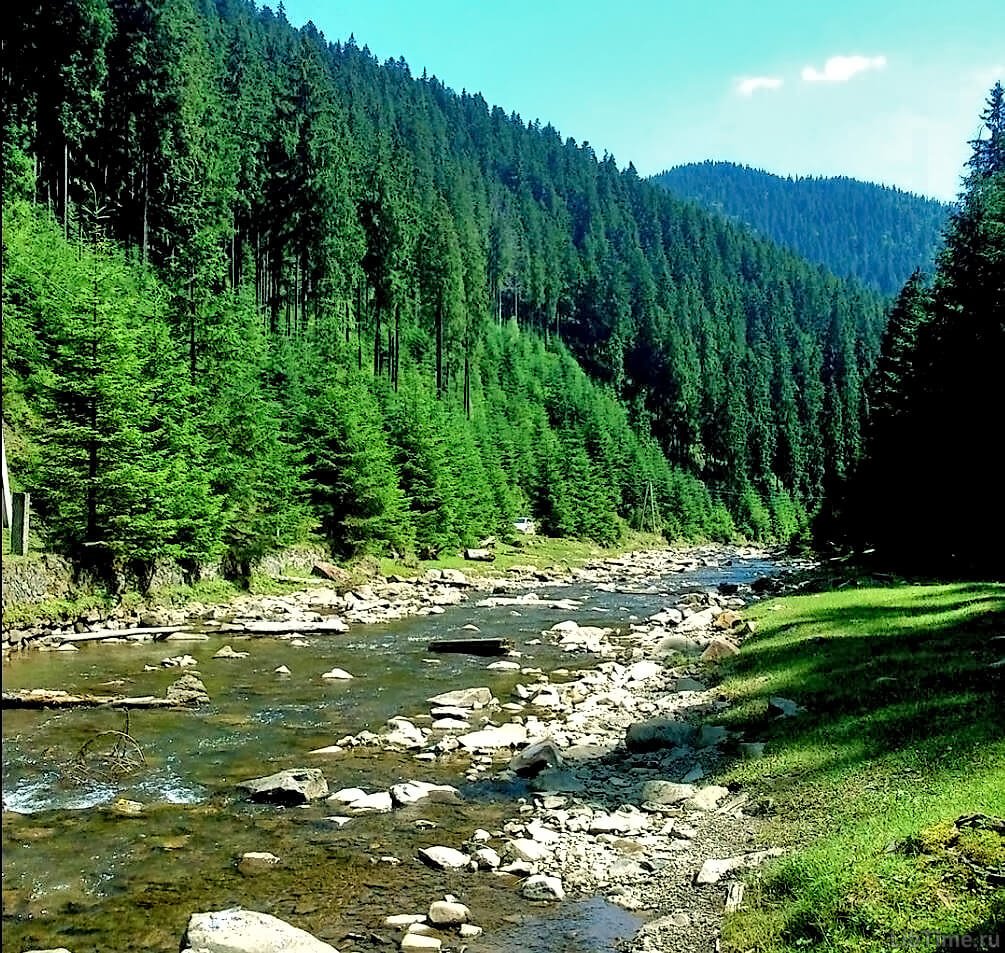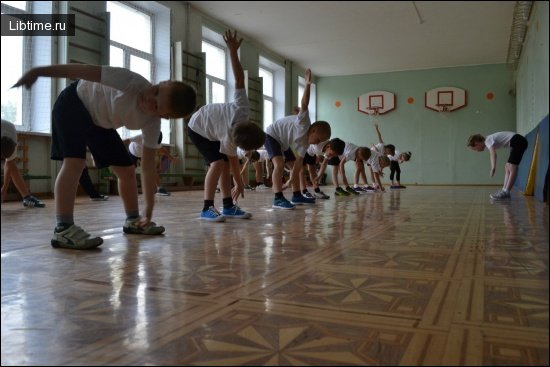The impact of exercise
You can immediately recognize a real gymnast, a sportsman. His figure is slim and trim, his gait is light and springy, and his suit fits especially well. But the one who is regularly engaged in sports, who goes hiking, likes to race the ball on the soccer field, differs from others not only in his appearance.
The most important thing - the athlete is always healthy, he is strong, enduring, he is not afraid of neither cold nor heat. It is not without reason that ancient scientists said that physical movements "cure" better than any medicine. Therefore, the impact of physical education on human health is very great. 
Brothers Seraphim and Georgy Znamensky grew up frail and sickly. Jokingly, their relatives said that it was enough to blow the wind on Georgy so that he fell down. And Seraphim was not distinguished by strong health. But if the brothers were weak in body, they were strong in spirit.
On the advice and under the supervision of doctors, and then experienced coaches, they began to engage in physical training, really got into athletics, became outstanding athletes. And former world champion Finn Paavo Nurmi probably did not think in his youth that he would ever win this honorable title: he had a heart defect.
Before entering school, I suffered several serious illnesses, including tuberculosis. At school because of colds often missed lessons. And of course, I was exempted from physical education,
- recalls master of sports Evgeny Chen.
- Petr Kirillovich Yakutov, a physical education teacher, helped me. He convinced me that I should start practicing little by little. First morning exercises, then hiking, athletics. I was treated in the tuberculosis dispensary and ran on the turf track of the stadium. Physical culture and medical control did wonders - I recovered, became a master of sports, participated in many all-Union and international competitions. And I still have the best memories of my first coach, who gave me the recipe of the world's best medicine.
Many of you can also recall such examples, when physical training and sport were the best "doctors", returned health, made you strong and enduring. So great is the power of sport that sometimes it borders on a real miracle. What does it consist of? Let's try to understand.
Physical education and health
What is health? The simplest answer is the absence of disease. This answer, of course, is correct, but not exhaustive. Consider this. Here before us is an adult or even a teenager. He feels quite healthy at the moment.
What if we offer him to quickly climb to the tenth floor, run 200-300 meters, saw and split a thick log? He will quickly get tired, start panting, will not be able to finish what he has started. Such a person avoids little or no significant physical activity, believing that it will "suffer" his health. Another person rarely gets sick.
He is never wrapped up and is not afraid of drafts. If necessary, he will easily run more than one kilometer, swim across a river, walk a difficult mountain path. He is really hardened, trained, he is really healthy, because he knows the real impact of physical education. How is such health "created"? It depends on the conditions of life, on how a person educates himself.
But in order to preserve and strengthen health, you need to know how our body is organized and works. After all, to learn how to operate a machine of any system, to master, say, the profession of turner or chauffeur, it is necessary to know not only how this machine is turned on, but also how it is organized.
Only then you can become a master of your craft. A good chauffeur, tractor driver, any mechanic can diagnose the "disease" of the machine by the sound of its motor, and the human body - the creator of all complex and intelligent machines - the most complex andamazing "machine" in nature. 
And after all, it only at first glance seems a simple matter. To take a step - to raise and bend the leg at the knee, and then straighten and lower to another place - you need the coordinated work of many muscles. It is necessary that while some muscles - flexors - contract, others - extensors - relax, otherwise they will prevent you from bending your leg.
And then, conversely, the flexors need to relax and the extensors need to contract. But when you walk, you have to maintain balance, and go where you are going, and choose a better road, if it is uneven, and overcome obstacles. And when the road goes uphill, you have to breathe more often than when walking on a smooth road, and your heart starts beating faster.
The most interesting thing is that we do not have to take care of it - it all happens automatically, as if by itself. At school, you went through arithmetic and math. You will not be surprised by ten-digit numbers: millions and billions are familiar.
But the human body, according to the approximate calculation of scientists, consists of 10 trillion cells! And 25 trillion cells of our blood! Aren't those astronomical numbers? And all these trillions of cells should work in a coordinated way, correctly, without errors. Therefore, in order to improve the coordinated work of all the organs of our body, we simply need the influence of physical training.


